13 Problems Firstborn Siblings Can Relate To
Updated June 28 2019, 3:20 p.m. ET
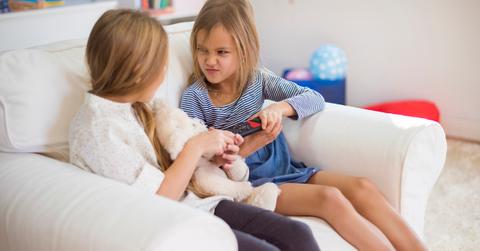
There have been plenty of studies about birth order, with a lot of argument about how much it affects your personality if at all. But even if there's no real consensus on the traits firstborn children might exhibit, there are definitely experiences that are almost universal for older siblings. As the eldest kid in my family, I admit we have a few advantages — like being the only ones who get to experience being an only child for at least a few years — it's not always a picnic.
A recent thread on Ask Reddit tasked the firstborns of the internet with listing all the bummer consequences of being the oldest kid in their families. If that's you, these firstborn problems will definitely resonate.
1. Way more restrictions.
Parents tend to relax the rules more for younger siblings, in part when it comes to bedtimes, how much screen time you get, or other "when you're X years old" privileges. But, funny thing, a lot of times we firstborns get to that age only to see the door left open for our little brothers and sisters. "I was the oldest kid of 3, and the second I was allowed to do anything my little bros were instantly allowed to do it too," says ToughPack88. "I PAVED THE WAY FOR YOU GUYS."
Boy do I feel this one. I had to wait until I was 12 to see my first rated-R movie. You know who was right there with me? My freaking 8-year-old sister. So disrespectful.
2. Higher standards.
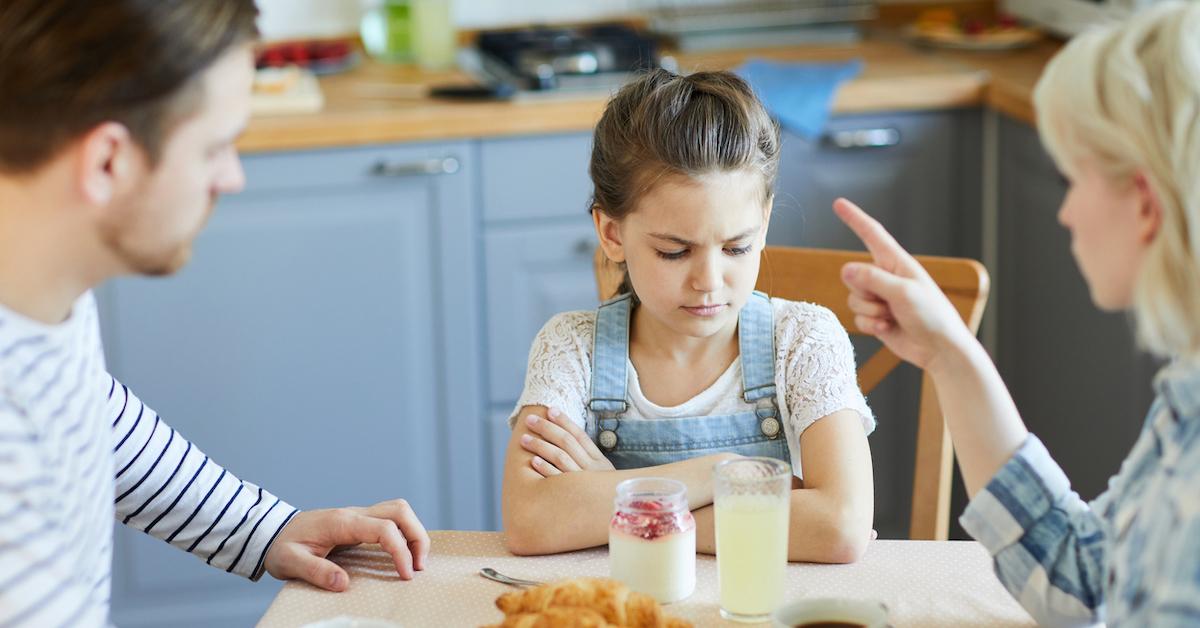
As celerybration points out, parents also seem to express way more disappointment when their oldest kids mess up. Then, when our younger siblings commit the same crimes, "our parents were already pretty much over it." I remember getting in huge trouble the first time I said a swear word in earshot of my parents. But when my littler sister did it a couple years later — which I of course was sure to report to my parents so they could deliver the appropriate punishment — do you know what they did? They laughed.
3. You have to be a role model.
OK oldest kids, raise your hand if this sounds familiar: "Don't exclude your brother / sister! She / he idolizes you!" In addition to being expected to accept our dumb younger siblings tagging along, older siblings are also expected to "set a good example" all the time. Sometimes, we'd even get blamed when our younger siblings did something wrong because we should have stepped in to stop them. Hey nobody was there to keep us from messing up and facing the music for our bad behavior.
4. Older siblings tend to get parentalized.
Sort of related to that role model problem, eldest kids face additional pressure to step up in situations like divorce or the death or illness of a parent, whether they're emotionally ready for that responsibility or not. "My mom got sick when I was in high school and college," says perdoname "And everything then became my job."
While their mom couldn't help the circumstances that required her to rely so much on the oldest of her brood, this user admits, "it has left me a little bitter. I was 16-17 and trying to raise my sibling because my mom couldn't. I had all the house mom duties and none of the perks."
5. The burden of responsibility doesn't really let up in adulthood, either.
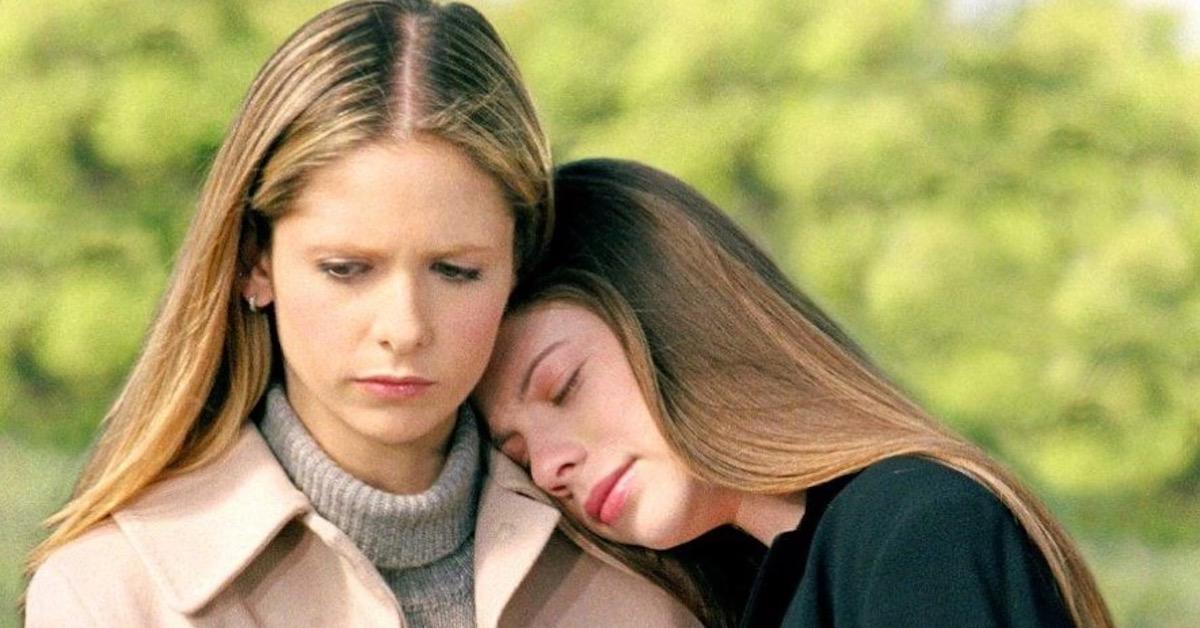
Most eldest siblings also end up being the one everyone leans on as our parents age or pass away. Although not all parents make their oldest kids the executors of their wills, it more often than not falls on the firstborn to take on these tough responsibilities. And not all families have the foresight to establish a will or estate plan. In those cases, the next of kin is automatically put in charge of things, which would be the firstborn child in virtually all circumstances.
6. You're the "first pancake."
Very few parents get everything right on the first try. It's just like when you make pancakes — the first is usually undercooked or otherwise screwed up. Just like short-order cooks, parents get better at it with more experience. Just like with every new skill, few of us get it all right out the gate, but we improve with time and practice. But that also means for firstborn kids that we're essentially the guinea pigs. In my house, this led to a feeling like I got raised by completely different parents from my little sister. For example, I got corporal punishment, whereas my sister received timeouts or lost privileges when she was bad. I definitely would have preferred the latter!
7. Younger siblings tend to benefit more financially.
Firstborn kids usually come at a time where their parents are making less money and are less established in their careers, which often means a far more humble existence than the younger kids experience. My little sister got cooler toys, nicer clothes, and generally enjoyed way more material wealth than I did. This continued even into our teens. Whereas I was expected to get a summer job to pay for my extracurricular activities, all my sister's pursuits were bankrolled by my parents.
Cale052 knows where I'm coming from: "I had to buy both of my first cars but my younger sister had both her first cars bought for her." Un. fair.
8. Snitches get... absolutely no consequences.
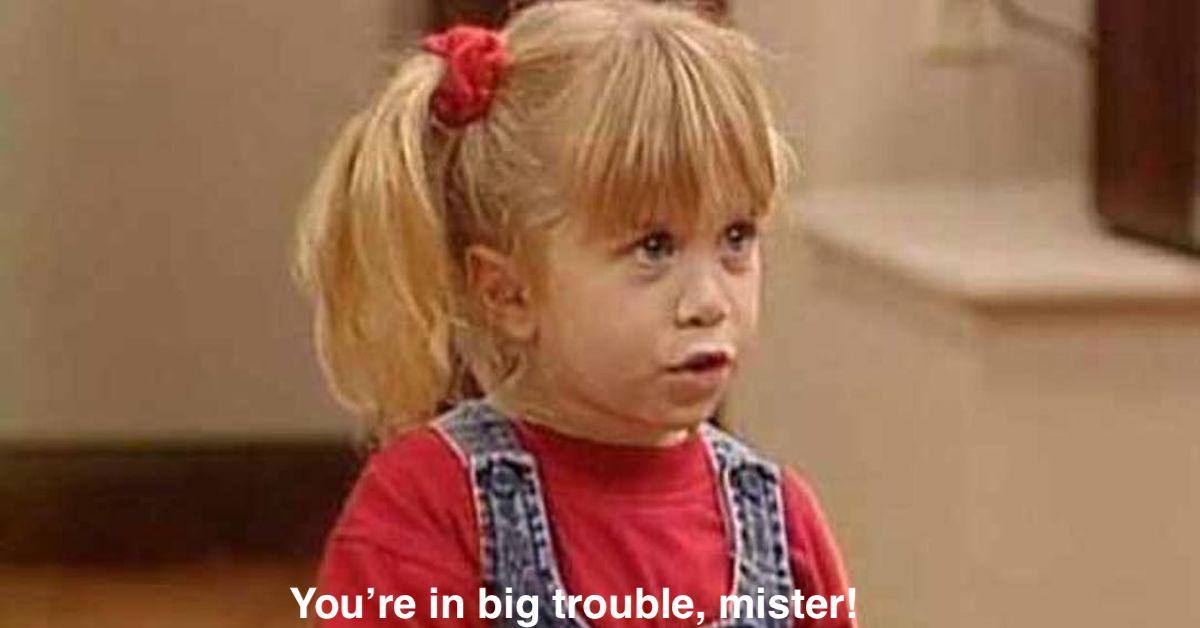
Little siblings are the biggest narcs ever. When you're the oldest kid, you essentially have a spy or a full-on network of spies following you around and reporting you to the authorities (AKA your parents) constantly. It can be so hard to get away with anything when you're the big kid. I'll grant that I was definitely the rebellious child of my family regardless, but having a tiny little informant obsessed with my every move didn't make things any easier.
9. "Be the bigger person!"
Just about every oldest sibling can recall a time that their little brother or sister was 100 percent in the wrong and owed a giant apology for their actions, yet just because we were born a couple years earlier, we eldest kids were expected to just get over it. As Iwritenovels1234 points out, sometimes "your parents tell YOU to apologize, saying that you, the older sibling, need to the the 'bigger person.'"
It's like in Little Women when Amy burns Jo's manuscript and then Marmie tells Jo to forgive her and I'm sorry, but what exactly is Amy's punishment here? She ruined Jo's life's work!
10. Even when we try to warn them, younger siblings don't listen.
You'd think at least our predecessors would appreciate the valuable lessons we try to hand down to them, but too often they refuse to learn from our mistakes. But as CptRedBread points out, that's pretty much human nature. Similarly, our parents often try to warn us not to make the mistakes they do, but we repeat them because we somehow think the outcome will be different.
11. Unpaid babysitting.
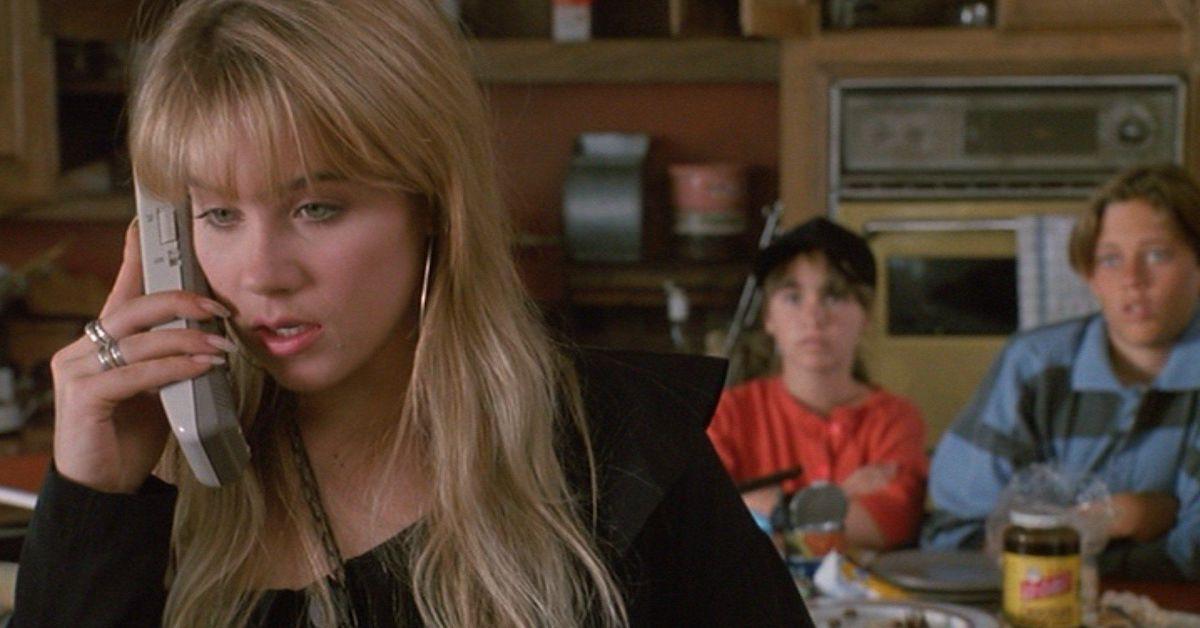
I think it might be time for us oldest siblings to organize and demand back pay from our parents, because it sure seems a lot of us performed years of unpaid babysitting. As TehRealFailure says, "If I was paid for all the times I watched [my siblings], I would have no debt."
No kidding. Obviously this happens a lot less nowadays, but growing up as a kid in the '90s, I was a latchkey kid and pretty much was put in charge my my little sister for 4 hours every weekday and on countless evenings when our parents went out. It's time for reparations!
12. You have to share everything.
As soon as your parents have their second kid, everything that was once just yours becomes theirs, too. It's a really rude awakening, and we're too young to truly enjoy how it feels not having to share the TV, the computer, or even our parents' affection. Then we graduate and go off to college and everything belongs to the youngest kid, who's old enough to truly appreciate it. It's a total ripoff.
13. If your younger siblings hit a milestone before you, people judge you.
In a lot of families, a younger sibling will get married, have kids, or graduate before the oldest. And if that happens, woe to the elder kid for "failing" at life. Even if immediate family don't pass judgment on older siblings who marry later (or don't marry at all), or the firstborn who decides kids aren't really their thing or something they're putting off for a few years, they never hear the end of it from some older relatives or busybody family friends.